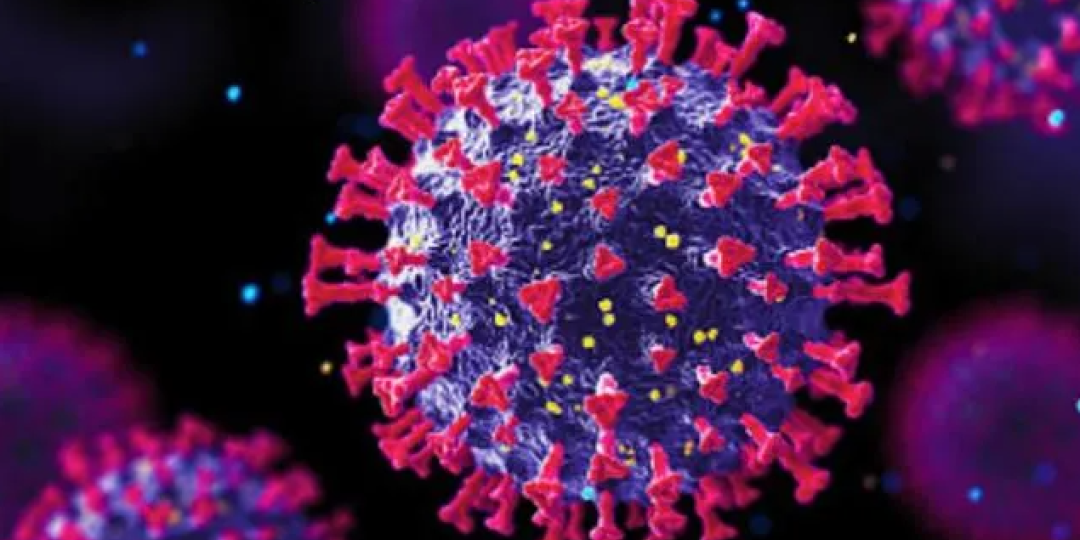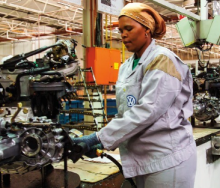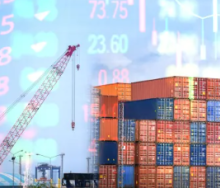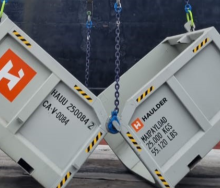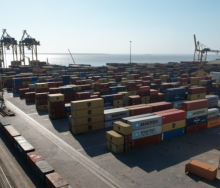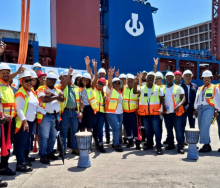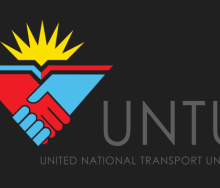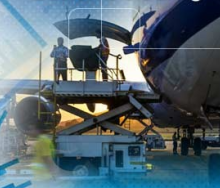World leaders’ knee-jerk reactions to the Omicron variant are putting transport workers and the global supply chain at greater risk of collapse, warn international transport organisations and unions representing road, air and sea transport.
Cross-border transport workers including seafarers, air crew and drivers must be able to continue to do their jobs, and cross borders without overly restrictive travel rules, to keep already ailing supply chains moving, says Guy Platten, secretary general of the International Chamber of Shipping (ICC).
The International Air Transport Association (Iata), the International Chamber of Shipping, IRU, the International Road Transport Union, and the International Transport Workers’ Federation (ITF) have jointly called for governments not to reimpose border restrictions that further limit the freedom of movement of international transport workers and learn from the lessons of the last two years.
One week since the World Health Organization (WHO) designated the new Omicron strain of Covid-19 as a “variant of concern”, at least 56 countries have reimposed varying degrees of travel restrictions.
The transport bodies, which represent more than $20 trillion of world trade annually and 65 million global transport workers across the supply chain, have called for an end to the rushed and fragmented approach to travel rules by governments.
“Now is the time for heads of state to listen to industry leaders and workers by taking decisive and coordinated action together to ease strain on the supply chain and support an exhausted global transport workforce during the busy holiday season,” says Stephen Cotton, ITF general secretary.
The transport bodies also expressed frustration that governments were reneging on clear steps issued to world leaders in September to:
- Guarantee the free and safe movement of transport workers.
- Prioritise transport workers to receive WHO-recognised vaccines.
- Adopt lasting travel and health protocols developed by industry for seafarers, drivers and air crew, as endorsed by WHO, ILO, IMO and Icao.
- Create globally harmonised, digital, mutually recognised vaccination certificates and processes for demonstrating health credentials (including vaccination status and Covid-19 test results), which are paramount to ensure transport workers can cross international borders.
- Increase global vaccine supply by all means at our disposal in order to expedite the recovery of our industries.
A crisis meeting with the World Health Organization (WHO) and the International Labour Organization (ILO) to discuss the recommendations, and the impact that travel bans and other restrictions in response to the Omicron variant will have on transport
